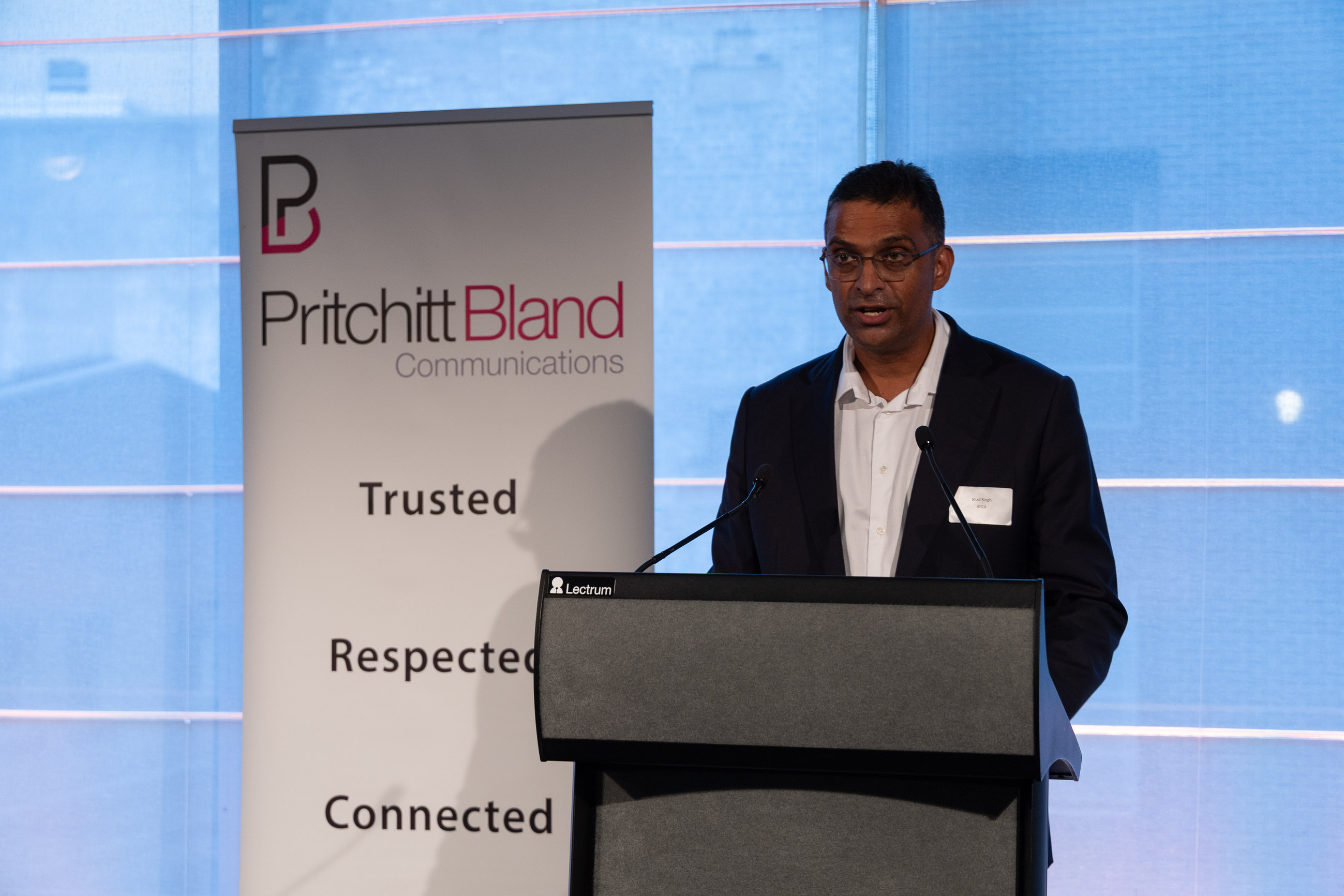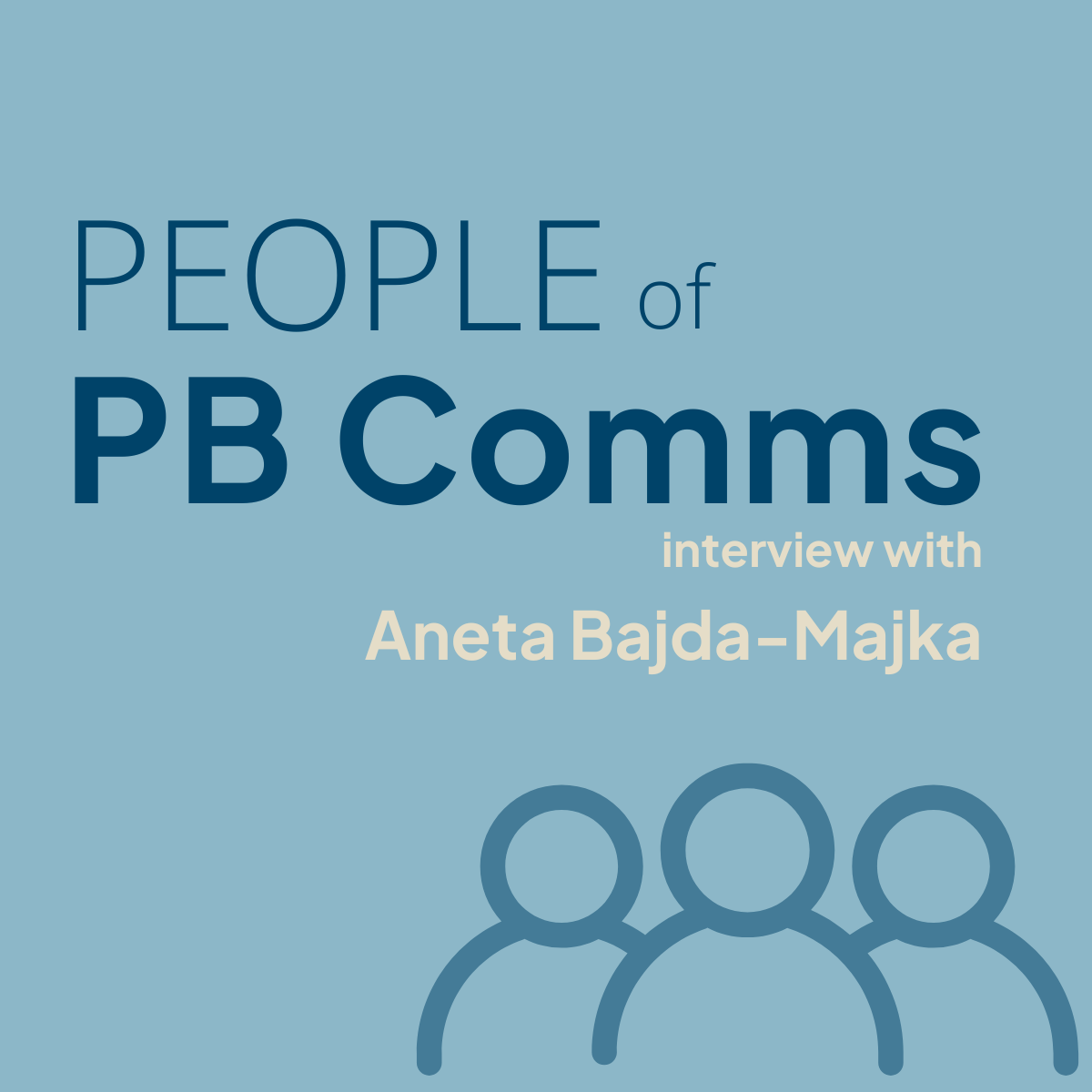My business partner Leeanne Bland has written before about the increase in inappropriate comments and self-serving posts on LinkedIn.
We both believe that some LinkedIn members are starting to treat it as just another social media platform, and forgetting that first and foremost it is a business networking tool. The people looking at what you say, how you say it, and what it says about you, are very different to, say, Facebook or Instagram.
Lo and behold, within days of Leeanne’s last post on the subject, we see a classic example of the sort of thing that concerns us.
A sexist and totally inappropriate comment was made on a LinkedIn post (indeed it would have been inappropriate on any platform) by someone who works for a major executive recruitment company. He clearly hadn’t given any thought to whether it might be detrimental - not only to him but also to his employer. It was taken down fairly quickly but not before the damage was done.
What on earth was the guy thinking?
He works for an organisation whose business depends to a large extent on its reputation, its connections and, in particular, building relations with human resource executives - a large percentage of whom are women. So why say anything that women might see as insulting?
LinkedIn is a professional network. Not a personal social media platform. As such, like it or not, people on LinkedIn are representing their company.
Anyone on LinkedIn must keep in mind that it is a source of information about them, their professionalism, and their company - for future employers, clients, and others who may be looking at doing business with you. It is a place to show work skills, experience, knowledge and expertise. Not prejudices.
There has always been a warning in media relations that publicity is a two-edged sword, and must be handled sensitively. Executives and businesses must learn that this is arguably even more true for social media. There’s another maxim in communications that is relevant for anyone on social media: “if in doubt, leave it out”.
We have said it before, but companies should have a policy regarding executives’ use of social media platforms, including LinkedIn, and executives should realise the ramifications of their posts and comments.
It’s not just their career that could be damaged, it’s also the reputation of their employer.



















